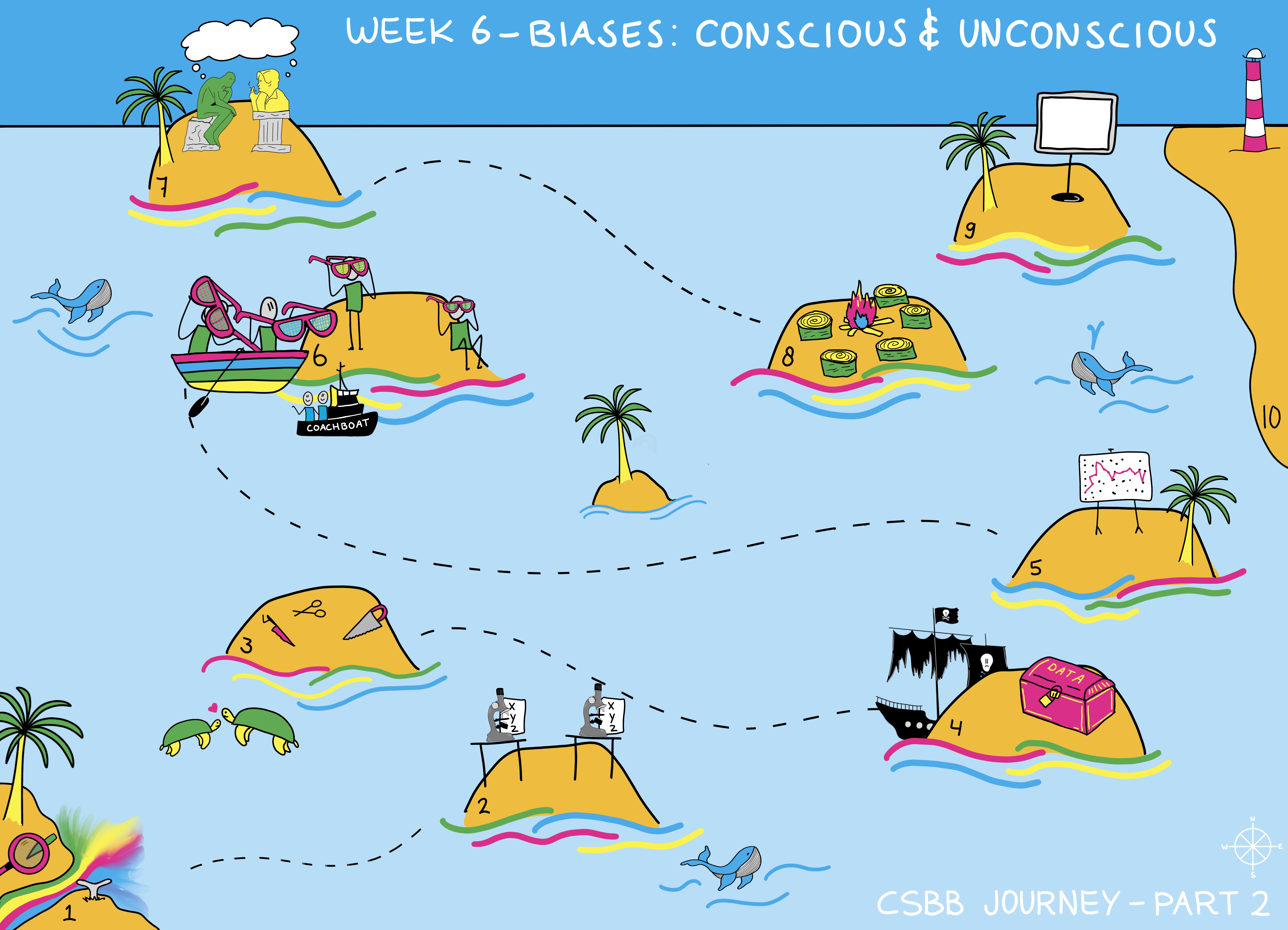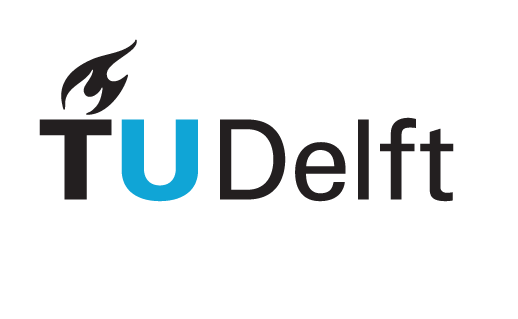
Week 2.6: Biases and Papers#
This week, we will focus on an important aspect of science: Biases.
Bias: unconscious or otherwise. We all have biases shaped by our neurodevelopment—culture, language, experiences. As scientists, we strive to be objective, but the reality is that we very rarely are. In this workshop, we will discuss how to be aware of our biases and what we might want to do to shape them in the way we want. And why it matters. Biases influence which theories we believe; what papers get published and how scientific theory changes. This becomes even more relevant when using AI based tools to support or improve your research project.
Components this week are:
Monday:
This week, there will not be a science spotlight or a Monday workshop. This will allow you more time to focus on your research project.
Wednesday:
Workshop: Unconscious Bias – in Science and Personal#
People make judgements about other people, themselves, their environment and about science. Besides objective facts, there is a whole range of additional factors the influence our judgements and decisions. These factors include culture, identity, values, human nature, etc. We call these factors biases. The influence and impacts of these biases in our decisions are stronger when they are unexamined and unchallenged. On some level, biases are unavoidable, examining and challenging our biases often leads to better decisions and, consequently, better science. Who is in control of our decisions — our intellect and values or our biases?
Key Concepts#
Types of Cognitive biases (so many ways to categorize them)
Overconfidence
Self-serving
Herd Mentality
Loss Aversion
Framing Bias
Narrative fallacy
Anchoring Bias
Confirmation Bias
Cultural and values based
Types of Unconscious Biases
Race
Gender
Religion
Culture
Age
Disabilities
Key Concepts#
Understanding different types of biases
The ways it affects who is in science
The ways it affects what is in science
And the ways it affects how we do science.
Our own role in understanding biases
How to counteract them
Learning goals#
Collaboration
Communication
Research process
Reflection
Group Activity of the Week#
Keep on researching and reading and writing. Check how your biases are affecting your research and if that’s the decision you want.
Make a writing plan for how you’ll finish your paper.
Discussion Questions#
Why do we worry about biases?
Where do they start?
What effect has bias had in science broadly speaking? What are some examples?
Do people make rational decisions?
Can we actually change our biases?
How are biases showing up in our projects?
What are examples of structural biases? Or structures that reinforce social/systemic biases?
Weekly Submitted Assignments#
Group#
Hand in the writing plan for your project:
Which tasks need to be done?
Who is doing which tasks?
Which deadlines have you set?
What did you almost forget?
Individual#
What kinds of biases do you most struggle with? What strategies do you plan to use going forward to control their effect?
References#
What Is Unconscious Bias (And How You Can Defeat It) | Psychology Today
What is Unconscious Bias? — Unconscious Bias Project
Implicit Bias in STEM | Academic Affairs & Diversity (columbia.edu)
How Implicit Bias and Lack of Diversity Undermine Science - Scientific American Blog Network
